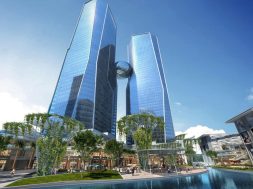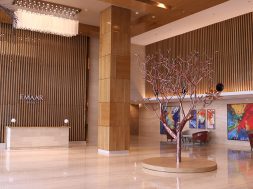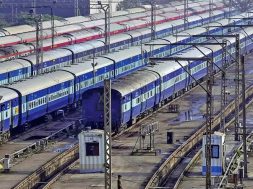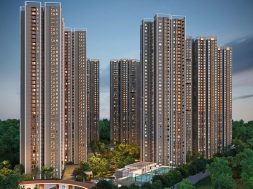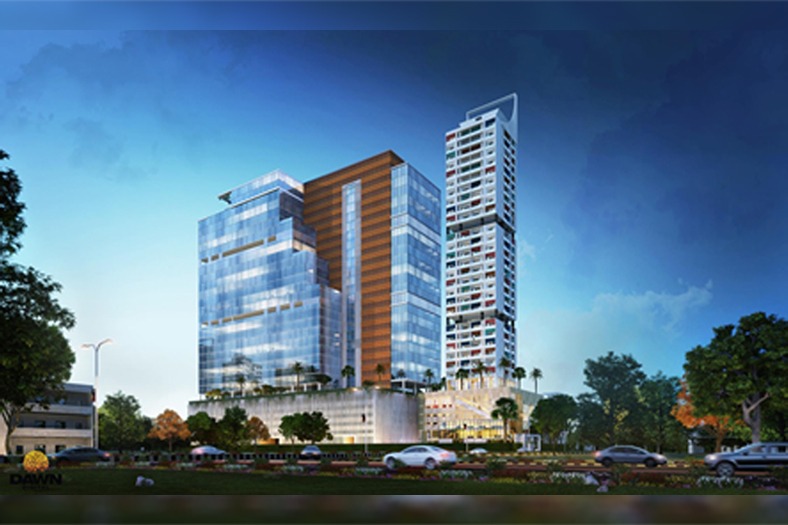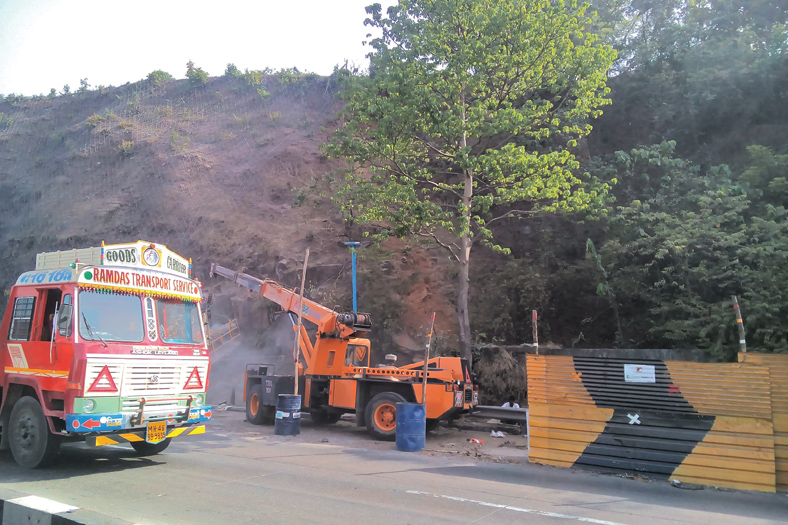Smart Homes gaining momentum
With building automation systems, building industry appears to be entering another era of change. Afreen Sayed takes a closer look
Smart is the latest buzzword in the technology world. Today we have smart phones, smart meters even smart cars. A number of products and applications are growing to be smart and the latest to join the bandwagon is smart building.
Buildings offer residential and commercial space, but they are also capital investments. Currently, buildings account for 40 per cent of the energy consumed worldwide. Nowadays, efforts are being taken to make these buildings smarter and energy efficient. Developers and owners are adopting technologies which can lower the operating cost while reducing environmental impacts.
Building Automation System (BAS) is one such technology which comprises all the given factors as it can help in reducing the annual operating costs of buildings through effective monitoring and optimisation. According to Shailendra Shukla, Director – Channel, Building Business, Schneider Electric India, “Building automation, which encompasses energy management solutions, life safety solutions, security solutions, utility service solutions and building management system, plays a critical role in integrated building planning.”
Undoubtedly, building automation is one of the important elements in controlling the HVAC, lighting and other equipment and systems. M Anand, Principal Counsellor, CII-IGBC comments, “External ambient conditions and internal loads including occupants, lighting, computers, and audio-visual equipment keep varying in a given day. Hence, BAS has become an integral part of a green building in sustaining energy efficiency.”
Current scenarioThe automation and control systems market in India has seen significant changes over the years. Building automation system allows achieving significant energy savings reforming building operations, efficiently linking, controlling and monitoring a variety of different functions and building disciplines. The given factors are giving a boost to BAS in the market.
Mr Shukla says, “Building automation facilitates energy savings, comfort, safety and higher operational efficiency affecting a high adoption rate in India. The market is further supported by the rising concern for Greenhouse Gases (GHG) along with rapidly increasing power demand-supply gap.” He further added, “The policy and regulatory support such as building codes, incentive schemes and labelling schemes such as LEED rating scheme and BEE star rating scheme are expected to continue driving the BACS market over the next five years. The market growth is further supported by emerging trends of cloud based energy control solutions, ESCO schemes and automated demand response in building automation system.”
The demand for BAS is majorly driven by commercial building segment, due to increasing number of shopping malls, office buildings, educational institutes, hotels, hospitals, etc. The market is further supported by mandatory regulation of energy efficiency in commercial buildings in states such as Delhi.
Efficiency gainsBetter comfort, safety, building-services technology are some of the important factors for property upgrading. But one of the most important factors is energy efficiency which opens a variety of extensive opportunities for building automation system.
Building automation is the solution to reduce energy use while maximising the comfort levels of occupants. Using various sensors (occupancy, temperature, humidity, etc.) and controllers connected together, building administrators can monitor and control lighting/HVAC devices and systems more efficiently.
“Saving energy through the automation of buildings is a field that has been extensively researched, and the potential savings of some 30 per cent for office buildings, 40 per cent for hotels and 25 per cent for residential buildings that have been identified are now included in international standards,” Mr Shukla explained.
Over 450 IGBC certified and fully functional green buildings have benefited significantly by incorporating BAS. BAS ensures that the building remains ‘green’ throughout its life. “A fully optimised BAS can save energy cost to the extent of 15-20 per cent as compared to a building without building automation,” informed Mr Anand.
Beneficial to green buildingAlmost all green buildings are designed to accommodate building automation for the energy, air and water conservation characteristics. One of the key aspects of building automation is energy management solutions and building management system which directly contribute to the concept of a green building. BAS can benefit green building in a number of ways.
A well designed BAS can help manage, monitor, control and save energy for HVAC, lighting, chillers and other energy consuming device which forms significant portion of energy consumed in an environment using Building Management System (BMS). It helps customers review the performance of their buildings and services on a real time basis and enables them to deploy targets and action plans to reduce energy consumption and improve productivity and reduce carbon footprint. According to Mr Shukla, a well-designed automation solution can save up to 30 per cent of the energy consumed in a building.
Mr Anand throws light on how useful BAS can be. He said, “A building can have the best energy-efficient HVAC systems, pumps, fans, lighting, efficient glass etc. However optimisation of performance can be ensured only through regular monitoring and controlling the equipment operation, with the help of building automation. It can also help ensure the comfort and health of a building’s occupants by automatically monitoring the amount of fresh air that enters a space.”
Sophisticated BAS can also track the occupancy status of each zone and accordingly adjust fresh air flow. Building automation can be integrated with fire safety control panels with back-up power supplies, audible alarms, emergency voice evacuation systems and PA systems.
“Today, BMS has gone beyond classical monitoring and control,” Mr Shukla opines.
Market forecastBAS enable energy efficiency, less cost operation, better indoor environment, and smaller environmental footprint which offers a tremendous scope for BAS in future. According to Research and Markets India report “Building Automation & Control Systems Market Forecast & Opportunities, 2019”, the Indian market for building automation and control system is projected to grow at a CAGR of around 21.7 per cent during 2014-19.
Mr Anand also envisions positive growth for BAS. He said, “There are significant growth opportunities. As various studies indicate, India would add another 60 billion sq. ft. of building footprint in next two decades.” These developments include airports, metro stations, residential and commercial spaces, integrated townships, manufacturing facilities, etc. Hence, BAS plays a vital role in enhancing the energy efficiency and sustaining the energy savings. A study conducted by IGBC indicates that the overall market potential for green products and technologies is estimated to be $ 120 billion by 2015, which also includes BAS controls and systems.
Mr Shukla points out, “The demand for building automations and control systems is projected to continue to be driven by the commercial building, hospitality and healthcare verticals. The market growth is further amplified by mandatory regulations and energy efficiency norms, rapidly increasing power supply-demand gap and the customers increasing ask for comfort, safety and operational efficiency.”
M Anand, Principal Counsellor, CII-IGBCA fully optimised BAS can save energy cost to the extent of 15-20 per cent as compared to a building without building automation
Shailendra Shukla, Director – Channel, Building Business, Schneider Electric IndiaBuilding automation facilitates energy savings, comfort, safety and higher operational efficiency affecting a high adoption rate in India
16
Cookie Consent
We use cookies to personalize your experience. By continuing to visit this website you agree to our Terms & Conditions, Privacy Policy and Cookie Policy.

